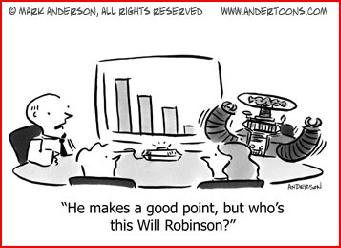I'm about three months ahead of you on the learning curve, bigla.
Last fall, as the market swooned, I began seeing preferred stocks mentioned more frequently in personal finance magazines and web sites.
The most recent bullish article I saw was in the Barron's Roundtable series. Bill Gross of PIMCO, not universally respected on this board but nonetheless a smart and influential guy in the bond markets, had this to say near the beginning of the year:
"Through the TARP [Troubled Assets Relief Program], the government has bought several hundred billion dollars of preferred stocks and attached equity warrants. The Treasury has accepted a 5% coupon on the preferred. Treasury Secretary Hank Paulson has decided 5% is a decent compensation for bank preferred, but the private market affords 11%, 12%, 13% yields on the same bank preferred stocks, which is remarkable. We are buying bank preferreds."
Rocky Road - Barrons.com
I have had two trades. Both were in bank preferred stocks that appeared to be inexplicably depressed in price and both were on banks where Warren Buffett had a substantial stake. That's not a foolproof indicator of safety, but it was one of the screening tools I used to get my list of candidates down to a manageable number.
My timing was good, as I bought in the fall when yields were close to 12%. I sold for capital gains when the price went up and the yield dropped.
Lately, I've seen fewer bargains. That's not to say preferreds aren't worthwhile, only that making a quick trading profit is less likely right now than it was late last year. I will be buying with more of an eye to the long term the next time I make a purchase.
One argument I've seen in favor of the bank preferred stocks is that some (all?) are on an equal tier with TARP's preferred stock investments. If true, then presumably the holders of the preferred won't get stiffed until the bank can't pay Uncle Sam. That's comforting, I suppose, but in today's environment of passing out relief to any bank with an FDIC charter, I don't know whether it's really an indicator of credit-worthiness.

The quantumonline site is the best site I've found for comprehensive research. For tracking prices day-to-day, I like this page:
Markets Data Center Table - Barrons.com


